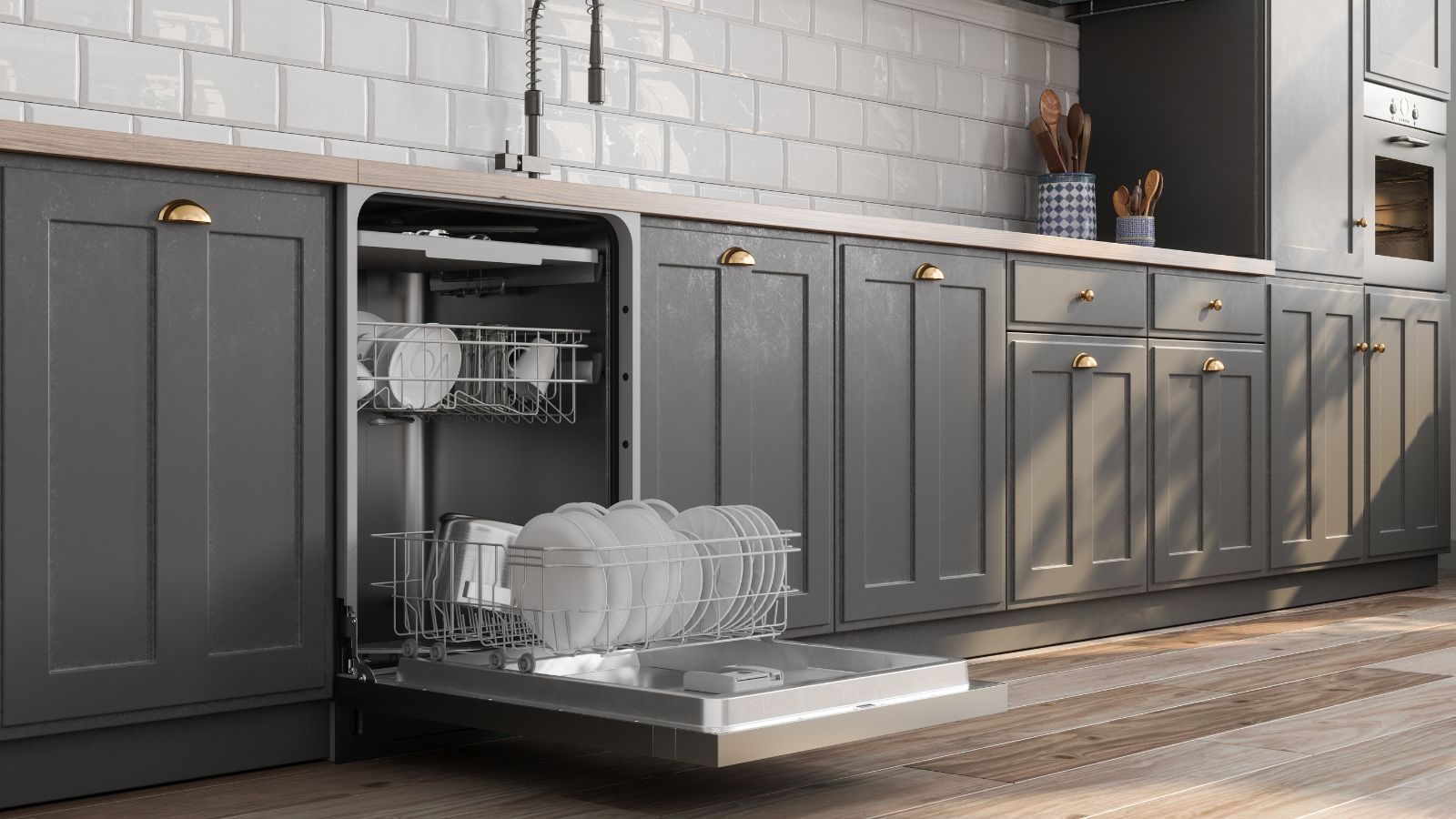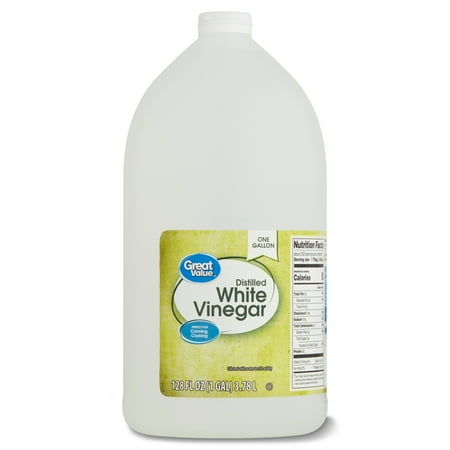
We probably don’t think too much about how we use our dishwashers outside of how to load them up in a way that doesn’t annoy the people we live with. However, throwing things in haphazardly – along with a myriad of other mistakes – could be shortening the lifespan of your appliance, experts warn.
It turns out changing your dishwasher habits can drastically impact how long your appliance lasts, while avoiding the need for frequent services and repair call-outs.
Here, appliance experts and plumbers reveal nine dishwasher mistakes that might be shortening the lifespan of your dishwasher and explain how to avoid them maximize the lifespan of your appliance.
9 ways you’re shortening the lifespan of your dishwasher
From knowing how to load a dishwasher properly to learning how to unclog a dishwasher, establishing good dishwashing habits will pay off in the long run.
1. Not cleaning the filter

One of the easiest ways to keep your best dishwasher in top condition is to remember to regularly clean out the filter.
Bethany Uribe, mitigation division supervisor at ASAP Restoration says, ‘Dishwashers may do a cleaning job, but they still need to be cleaned themselves from time to time in order to keep them operating correctly and at top performance. Food particles, grease, gunk and goo can all trap the flow of water in the draining process, and these need to be extracted now and again to ensure the dishwasher keeps running and performing properly.’
As a rule of thumb, Punteha van Terheyden, head of solved at Homes & Gardens cleans out her dishwasher filter whenever she tops up the salt, or if she spots any debris.
2. Leaving large food debris on dishes
Leaving large amounts of food behind on your dishes does more than make them harder to clean. Excess debris can lead to clogs and damage the pipes of your dishwasher, reducing its lifespan. Brushing up on what you can not put in a dishwasher is a must to prolong its usage.
Bethany Uribe, of ASAP Restoration, continues, ‘Dishwashers aren’t garbage disposals. They don’t have the capacity to grind up and drain out large objects like corn cobs or potato skins. While dishwashers have come a long way from the days when you’d pretty much have to wash the dishes before you let the dishwasher wash the dishes, they still can’t handle a plate full of uneaten food.’
You can mitigate this by scraping food from plates into the trash before putting them by the sink or in the dishwasher, especially if you typically do your dishes hours after a meal. This quick task between dining table and sink will help avoid large food debris drying up and sticking, resulting in more manual elbow grease later, or unnecessary stress in your dishwasher.
3. Using too much detergent, or the wrong one
David Switalski, CEO and chief plumber at Overall Plumbing & Heating, says, ‘Another common issue is using the wrong detergent. I can’t tell you how often I’ve seen people use regular dish soap instead of dishwasher-specific detergent. This creates excessive suds that can overflow and damage the dishwasher's internal parts.’
Even in a pinch, always try to use dishwasher specific detergents to help clean your dishes – turning to homemade dishwasher detergent if you must. Otherwise, stick to hand-washing dishes until you can restock your detergent tablets.

Highly rated by shoppers at Walmart, reviewers have praised the Finish Quantum dishwasher detergent for it's 'incredible effectiveness at removing the most stubborn food residues,' and ensuring that 'everything comes out squeeky clean'.
4. Leaving it closed between uses
You might have heard of leaving your washing machine door open between washes, but have you considered doing it for your dishwasher?
Leaving the door slightly ajar between uses will help to get rid of dishwasher smells and reduce mold growth, helping to protect the seals (prolonging the lifespan) and making cleaning a dishwasher easier.

If your appliance develops a musty smell, consider cleaning your dishwasher with vinegar. Distilled white vinegar helps to neutralize bad odors while also killing mold, making it a great two-in-one for water-based appliances such as dishwashers and washing machines.
5. Slamming the door
If your dishwasher door is not closing easily and you feel that you have to put force in, then there is likely something blocking it. Slamming it will only cause damage that could lead to needing a quicker replacement, or leaks that will require professional repair.
If you feel any resistance when closing the door, open it and double check the racks are fully pushed in and nothing is blocking them at the back. Then, check the hinges for any debris that might be preventing their full closure. Teaspoons and smaller utensils have a habit of flying out of place during dishwasher cycles and may be hanging around from a previous wash.
Taking the time to check for obstructions in and your door and drawers will prevent damage and prolong the lifespan of your appliance.
6. Opening the door mid-cycle
Setting the dishwasher to run and then realizing that you have left a fork on the counter is annoying, but it is never worth opening the door to pop it in. Not only can this lead to water leaking into your kitchen, but it can damage the dishwasher door and electrical components. Stick to hand washing any lingering dishes, or set them aside for the next dishwasher cycle.
7. Ignoring strange sounds
Sometimes, when expensive appliances make strange sounds, we are willing to pretend we didn't hear it and hope that it doesn't happen again. Engaging in this habit too frequently will usually end in an appliance breakdown, however as that noise is a warning sign something is off.
If you hear a new noise on an electrical appliance, get onto a repair service as soon as you can to reduce fire risks.
Glenn Lewis, president at Mr. Appliance, a Neighborly company, warns, ‘Addressing odd noises quickly can save you money in the long run. Small problems become big problems over time.’
This simple dishwasher maintenance trick is more than worth the service charge if it means avoiding a full replacement.
8. Overloading the machine
When looking at the pros and cons of the dishwasher vs washing by hand, the ability to wash more quickly and with little effort is one of the biggest dishwasher draws. However, shoving too much into your dishwasher will put too much strain on your appliance, shortening its lifespan in your home.
Rocky Vuong, cleaning expert and owner of NeatBrite, explains, ‘Cramming too many dishes into the dishwasher or stacking them incorrectly can obstruct the spray arms, preventing proper cleaning and straining the motor. This can lead to premature wear and tear on the appliance.
‘It's crucial to load the dishwasher according to the manufacturer's instructions and ensure that water can freely circulate around the dishes.’
9. Not installing it level
Working out where a dishwasher should be placed is only one part of the installation. Matt Eskew, of K. Blanton Plumbing, points out that you also need to ensure it is completely level.
‘If not leveled correctly, the water won’t be properly drained, causing damage to your dishwasher,’ he warns. Using a professional fitting service to install your dishwasher will help mitigate any of these issues.
If installing a dishwasher yourself, use a spirit level to check if any of the appliances adjustable feet need to be tweaked to ensure flat placement.
Dishwasher maintenance goes beyond knowing how often you should clean a dishwasher. You also need to check the parts for damage regularly to catch early warning signs before your appliance breaks.
David Switalski, expert plumber says, ‘Skipping routine maintenance is a major problem. If you’re not regularly cleaning the filter or running a maintenance cycle, food particles and mineral deposits can build up, leading to clogs and other issues. Keeping up with these simple tasks can really extend the life of your dishwasher.'







